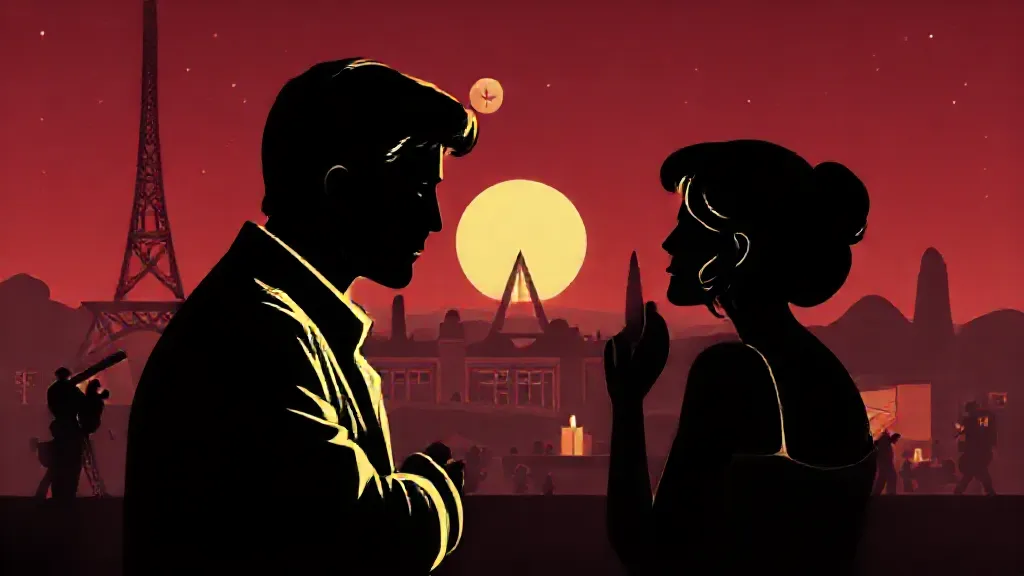The concept of a "timeless classic" in cinema refers to films that transcend their original release periods, remaining relevant and beloved across generations. These movies often evoke strong emotional responses and resonate with audiences due to their universal themes, memorable characters, and exceptional storytelling. Understanding why certain films achieve this status involves examining various elements that contribute to their enduring appeal.
Universal Themes and Relatable Characters
One of the primary reasons certain movies become timeless classics is their exploration of universal themes such as love, sacrifice, and the human condition. Films like "Casablanca" and "The Wizard of Oz" present narratives that resonate with viewers regardless of cultural or temporal context. The characters in these films often embody relatable traits or face dilemmas that speak to the audience's own experiences, creating a lasting connection that transcends time.
Cinematic Innovation and Artistic Merit
Timeless classics often showcase groundbreaking cinematic techniques and artistic merit that set them apart from their contemporaries. For instance, "Citizen Kane" is celebrated for its innovative narrative structure and cinematography, which have influenced countless filmmakers. Such films not only tell compelling stories but also push the boundaries of the medium, earning recognition and admiration that endure long after their initial release.
Cultural Impact and Social Commentary
Many timeless classics serve as reflections of the social and cultural climates of their times, offering commentary that remains relevant. Movies like "To Kill a Mockingbird" and "The Graduate" address issues of morality, justice, and societal expectations, prompting audiences to reflect on their own values and beliefs. This cultural significance helps these films maintain their relevance, as new generations discover and engage with their themes.
Iconic Performances and Memorable Dialogue
The performances of actors can elevate a film to classic status, as seen in "Gone with the Wind" and "The Godfather." Iconic performances leave a lasting impression, while memorable dialogue often becomes part of popular culture. Quotes from these films are frequently referenced in everyday conversation, contributing to their enduring legacy and keeping them alive in the public consciousness.
Nostalgia and Generational Transmission
Nostalgia plays a crucial role in the timelessness of certain movies. Films that were significant to one generation often become cherished by subsequent generations, as parents introduce their children to the films they loved. This transmission of cultural artifacts creates a shared experience that reinforces the film's status as a classic, as seen with titles like "Star Wars" and "The Sound of Music.
"
Accessibility and Availability
The accessibility of timeless classics also contributes to their enduring status. With the advent of home video, streaming services, and digital platforms, classic films are more readily available than ever before. This accessibility allows new audiences to discover and appreciate these films, ensuring that they continue to be watched and celebrated across different demographics.
Critical Acclaim and Awards
Recognition from critics and prestigious awards can solidify a film's status as a classic. Winning Oscars or receiving critical acclaim often enhances a film's reputation, encouraging audiences to explore its narrative and artistic qualities. For example, films like "Schindler's List" and "Pulp Fiction" have garnered significant accolades, which contribute to their lasting impact on cinema and culture.
The Evolution of Film Appreciation
Finally, the appreciation of films evolves over time, with some movies gaining recognition long after their initial release. A film that may have been overlooked at the time of its release can later be re-evaluated and celebrated for its artistic contributions or cultural significance. This evolving perspective helps to keep the conversation around classic films alive, ensuring they remain relevant in discussions about cinema.
